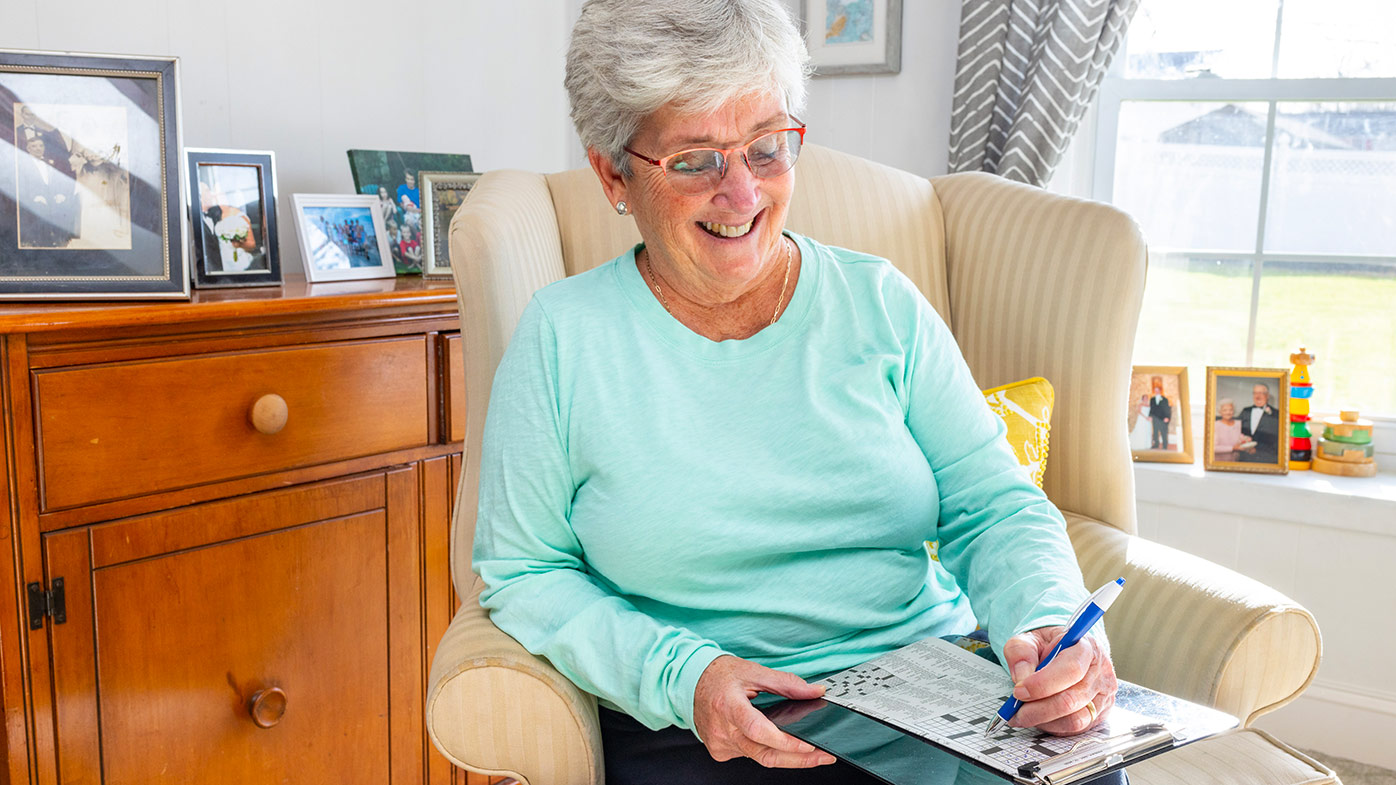For generations, a devastating genetic heart condition impacted Regina McDermott Smyth’s family tree. She has attended funerals for cousins, siblings and even her own children, all of whom died suddenly at young ages.
The cardiovascular deaths in the family led Regina and her surviving siblings to undergo a battery of tests, which revealed that many family members suffer from the most common inherited heart disease: hypertrophic cardiomyopathy (HCM).
Later, when grandchildren joined the family, they began to know her as “the tired old grandmom,” Regina said. “I couldn’t go to any of their soccer games. I couldn’t climb the bleachers and watch them play basketball.”
Approximately 1 in 500 people is affected by one of two types of HCM: non-obstructive or obstructive. Both types result in thicker heart walls, but in obstructive HCM, the thicker wall may block or reduce blood flow out of the heart.
Based on her family’s testing, Regina discovered that she passed the gene down to four of her seven children. One of them, her daughter Carolyn, died at age 47, leaving behind a husband and three children, two of whom have HCM.
Now 73, Regina, who lives with non-obstructive HCM, said she first noticed a shortness of breath in her 20s. In her 30s, Regina tried multiple medications that would work for a time. The shortness of breath was constant, as well as other symptoms that made everyday life difficult.
